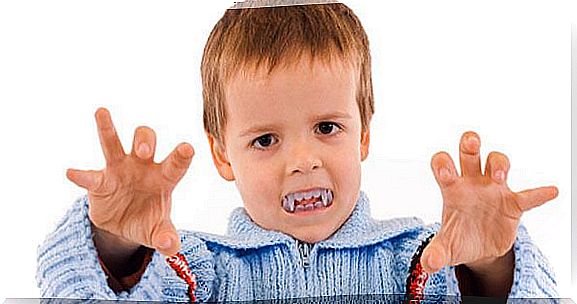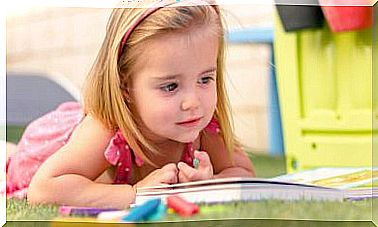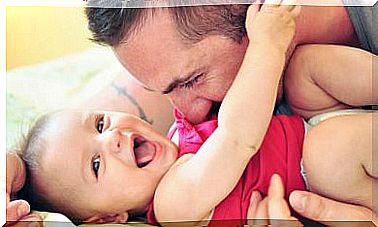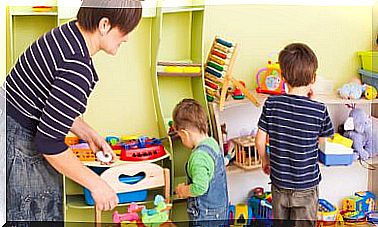Why Does Your Child Bite And Hit?

One of the most worrying aspects for many parents of young children is that their children bite and hit their classmates or siblings at play, and even you when they are very upset.
What you should know is that this does not necessarily imply that there are problems of aggressiveness or bad behavior, biting and hitting are common actions at certain times of childhood and can be treated in time to prevent them from becoming something recurrent.
Some of the reasons why your child bites and hits:
1. You are exploring with your mouth
One of the ways children learn about their environment is by taking objects and putting them in their mouth. It is not strange that they end up biting you when you breastfeed them or that they bite the arm of one of their brothers (when they are very young)
To do? If it happens when you are feeding him, remove the breast and tell him gently but firmly that he should not do it again, you should also avoid biting his fingers or feet so that he does not imitate that action. In no time he will stop repeating the behavior.
2. You are trying to defend your space
If the blows and bites occur when playing with children of the same age, it may be because you feel threatened or think that your things may be taken away. When you feel invaded you can react impulsively: the result? A hit or bite.
To do? If your baby assaults another child, wait for him to calm down and tell him the reasons why he shouldn’t. You can also reduce stress by giving him a different toy; wait until you see if he can resolve the conflict on his own and without attacking, and if not, you should intervene and distract him in another way. Don’t let him continue to play with something that he snatched in an unkind way.
3. Can’t find the right words

When children are young, it is difficult for them to communicate their emotions; if you are upset, hungry or tired, you will not be able to express it verbally. Since the child does not have a developed and sufficient vocabulary, he will express his disagreement in a bodily way such as a fist or similar act.
To do? The first thing that must be done is to find the reason that generated the behavior, when you achieve it, show him the name of the things, the object he wants or the need he has and he will learn that communicating with you is more effective than attacking another child.
4. Has been exposed to strange situations
Like adults, children have their established routines and breaking these patterns can cause stress. Even children who do not often exhibit these behaviors can engage in them when they are not comfortable.
To do? Pay attention to the reasons that generate changes in your child’s behavior: If he becomes aggressive when he is tired, give him a nap before taking him to play; If he does it when he is hungry, bring snacks so he does not have problems sharing with other children. Recognize their needs and establish a routine that will keep their behavior at its best.
Tips to teach your child not to bite or hit

- Identify the reasons for their behavior and show them that it is wrong to attack other children and even less their parents. Don’t skip any situation in which such behavior occurs.
- Show them the pain that other children feel: ask him to put his arm between his teeth and make a little pressure towards the upper teeth, without hurting him, you are showing him how it feels that someone bites you and he will surely not do it again.
- Use the time-outs to control the situation: children do this when they have an altered emotion, so you should remove it from the space of the conflict, wait for it to calm down and talk about the way the events occurred.
- Teach them to play fair from a young age. Don’t let them win the games or add friends to get something. If you start to see this as normal, it will be much more difficult to correct the behavior later.
- Encourage positive actions: Children respond to encouragement, so congratulate them when they share peacefully with their friends and when they interact without being aggressive.









